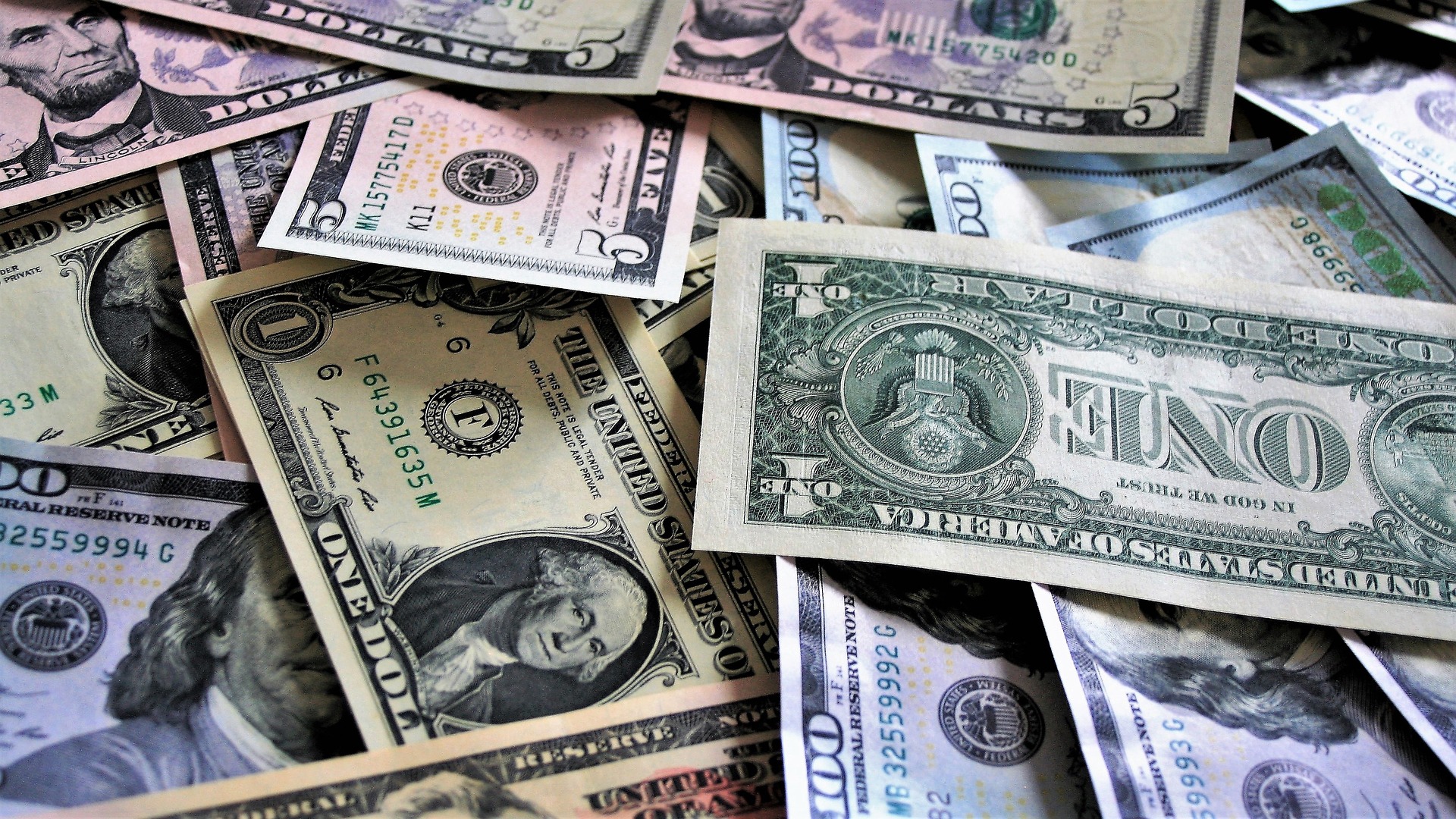
06 Sep What happens if someone refuses to pay the inheritance tax?
Photo: pixabay.comQ. What happens when Class D beneficiaries receive payments directly from the decedent’s retirement plan but refuse to pay the 15% inheritance tax. What options does the executor have?
— Executor
A. This can get complicated and it could mean trouble for the executor.
The New Jersey inheritance tax is basically a lien on the property owned by a decedent for a period of 15 years, said Catherine Romania, an estate planning attorney with Witman Stadtmauer in Florham Park.
She said executors and trustees are personally liable for the tax if they turn over any property to a beneficiary before the tax is paid.
“Unfortunately, that may mean withholding funds from assets due beneficiaries under the will in order to pay the tax due on transfers outside the will,” she said.
An executor does have the power to proceed against a beneficiary in court to collect or be reimbursed for the tax, she said.
“Moreover, because according to New Jersey regulations, a financial institution is liable to pay the tax in addition to a penalty should it release funds held in the account of a decedent without a written waiver from the Division of Taxation,” she said. “An executor may be able to proceed against the financial institution for reimbursement of any tax it cannot collect from the beneficiary.”
Let’s hope the financial institutions don’t release the money until they get that waiver.
Email your questions to Ask@NJMoneyHelp.com.
This story was originally published on Sept. 6, 2021.
NJMoneyHelp.com presents certain general financial planning principles and advice, but should never be viewed as a substitute for obtaining advice from a personal professional advisor who understands your unique individual circumstances.

